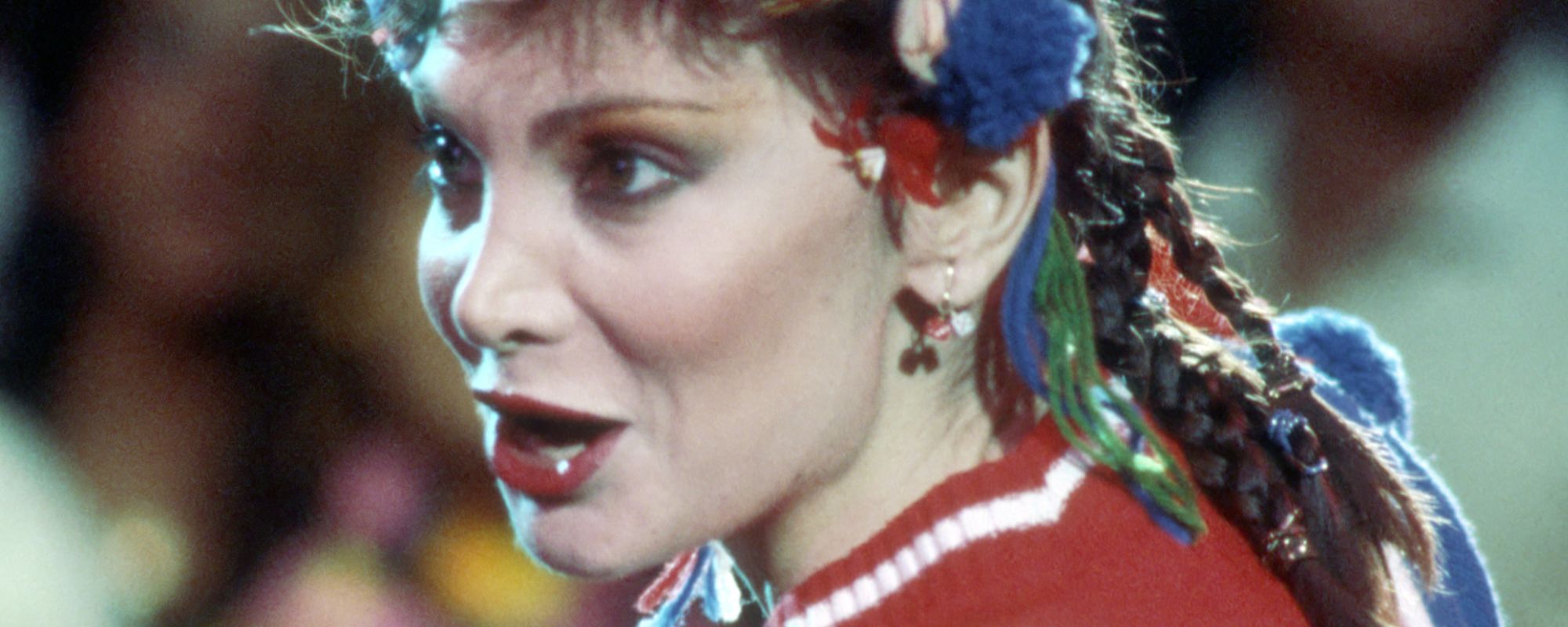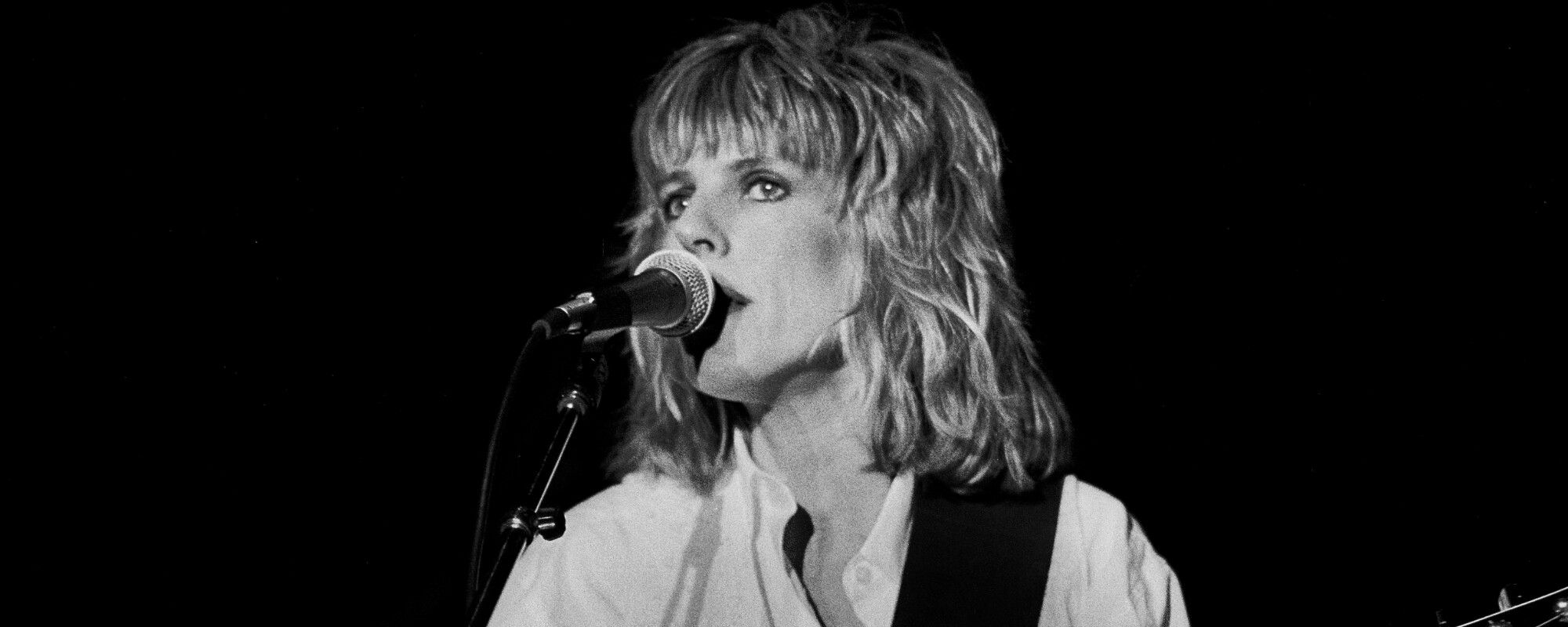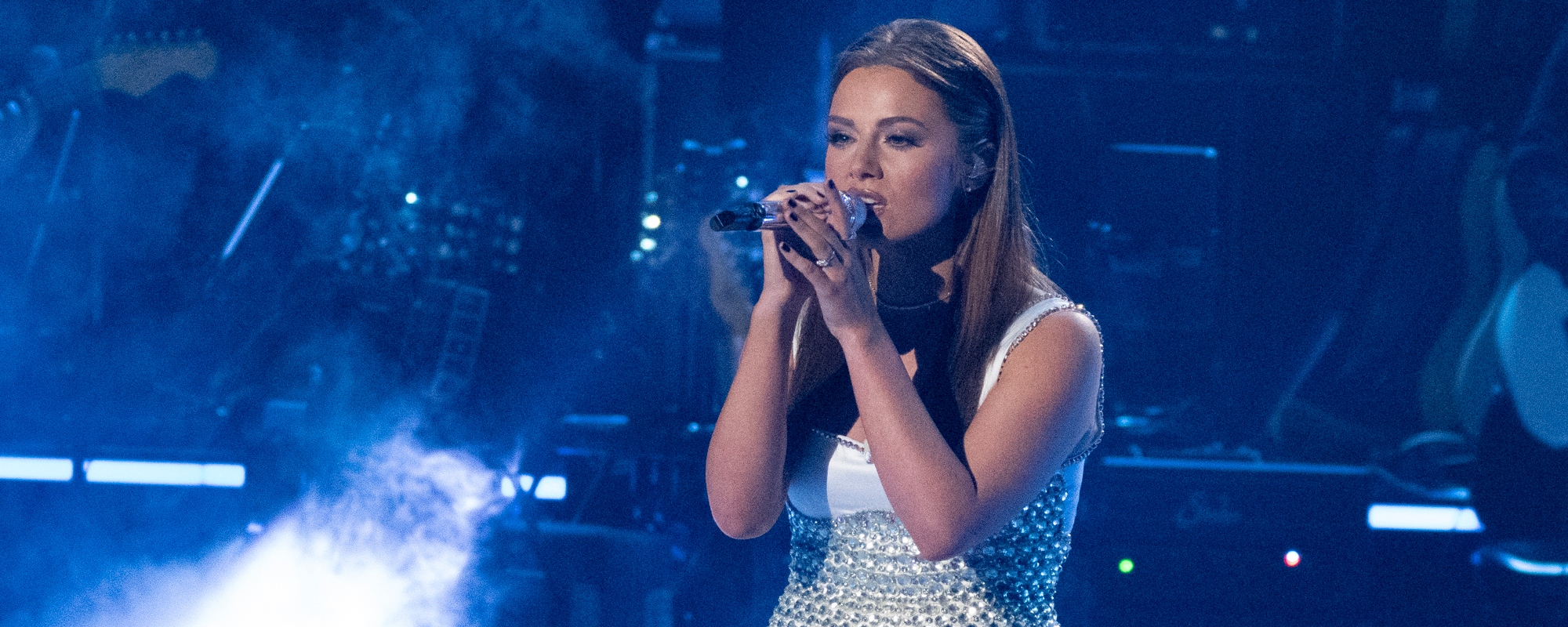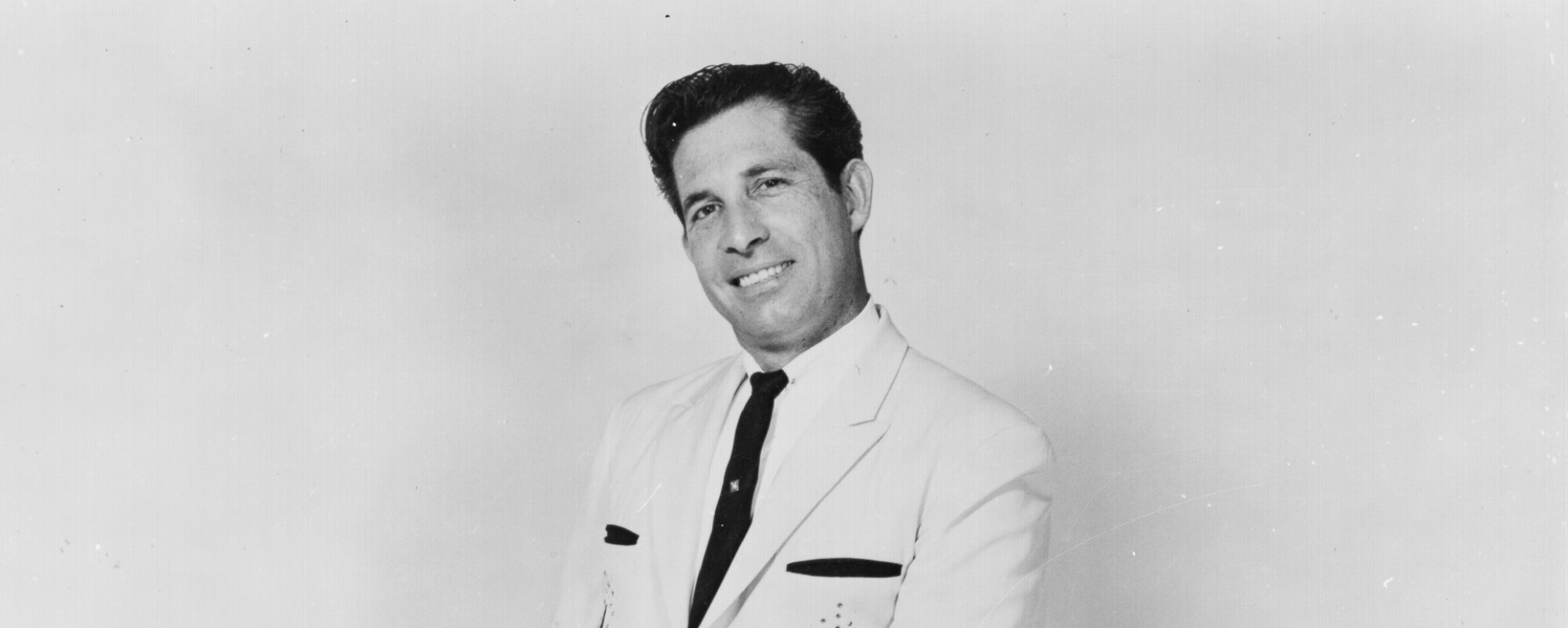In 2005, Death Cab for Cutie made their major label debut with Plans.
Videos by American Songwriter
Though they had signed with Atlantic Records, the band convinced themselves this was just another album.
But the GRAMMY-nominated Plans was more than just another album. It launched the indie rock group into the Billboard Top 5 and the mainstream.
A Swift Orderly Change
For their fifth album, Death Cab for Cutie chose not to record near their Seattle home. Guitarist Chris Walla produced Plans in rural Massachusetts as the band tried expanding beyond their excellent fourth album, Transatlanticism. It’s not exactly a reinvention, but it’s still the band that made “Title and Registration.” This time, with a glossy sheen to the mix.
Transatlanticism, longing, lonely, and sparse, put to music singer Ben Gibbard’s yearning for connection. Walla’s production kept the songs at a distance. You feel Gibbard’s solitude. His tenor voice pushed against the fuzz of distorted guitars and cold pianos.
Meanwhile, Gibbard had found unexpected commercial success with his electronic side project, The Postal Service. (His duo with producer and DJ Jimmy Tamborello became Sub Pop’s biggest seller since Nirvana’s Bleach.)
Both The Postal Service’s Give Up and Death Cab’s Transatlanticism arrived in 2003. So moving to a major label seemed inevitable. Transatlanticism, which many still consider the group’s best, sold more than a million copies—boosted by exposure from the TV show The O.C.
Bassist Nick Harmer wrote on Twitter in 2020, “We told ourselves that it [Plans] was just another album, that now being on Atlantic Records was no big deal, but it was and we knew it.”
He said the band was snowed in at the studio, bringing to mind Stanley Kubrick’s 1980 horror film The Shining. “I think that’s why we chose the barn studio at Long View Farms in Massachusetts, during winter, to isolate ourselves from the pressure and our fears and just be able to focus on music,” he said.
Laid-Back Anthems
Walla’s clean production and Gibbard’s woody songwriting on Plans feel cozy and spacious. Gibbard’s lyrics had evolved from detailed, wordy narratives to universal themes.
However, his genius at turning the familiar on its head remained. “I Will Follow You Into the Dark” features the singer alone, with an acoustic guitar. He writes about the fear of losing a loved one while comparing his Catholic school experience with the vicious rule of Rome. It’s the most powerful line on the record.
In Catholic school
As vicious as Roman rule
I got my knuckles bruised by a lady in black
And I held my tongue
As she told me, “Son fear is the heart of love.”
So I never went back
Even in its early days, Death Cab for Cutie had pop instincts. And “Soul Meets Body” is the pop anthem they’d been working toward while sweating it out in clubs. With Gibbard’s falsetto hook and Jason McGerr’s steady drumming, it became a defining song of the mid-2000s.
It’s the closest they get to an arena anthem. But “Soul Meets Body,” like most of Plans, still has the cool reserve of early albums like We Have the Facts and We’re Voting Yes.
Pre-Dad Rock
Death Cab for Cutie arrived a couple of years before The National. At the time, no one would have guessed either band would reach such mass appeal.
The National may be rock music for “Sad Dads,” but Death Cab for Cutie is what the dads listened to before fatherhood.
I do believe it’s true
That there are roads left in both of our shoes
But if the silence takes you
Then I hope it takes me too
Photo by Lawrence K. Ho/Los Angeles Times via Getty Images












Leave a Reply
Only members can comment. Become a member. Already a member? Log in.